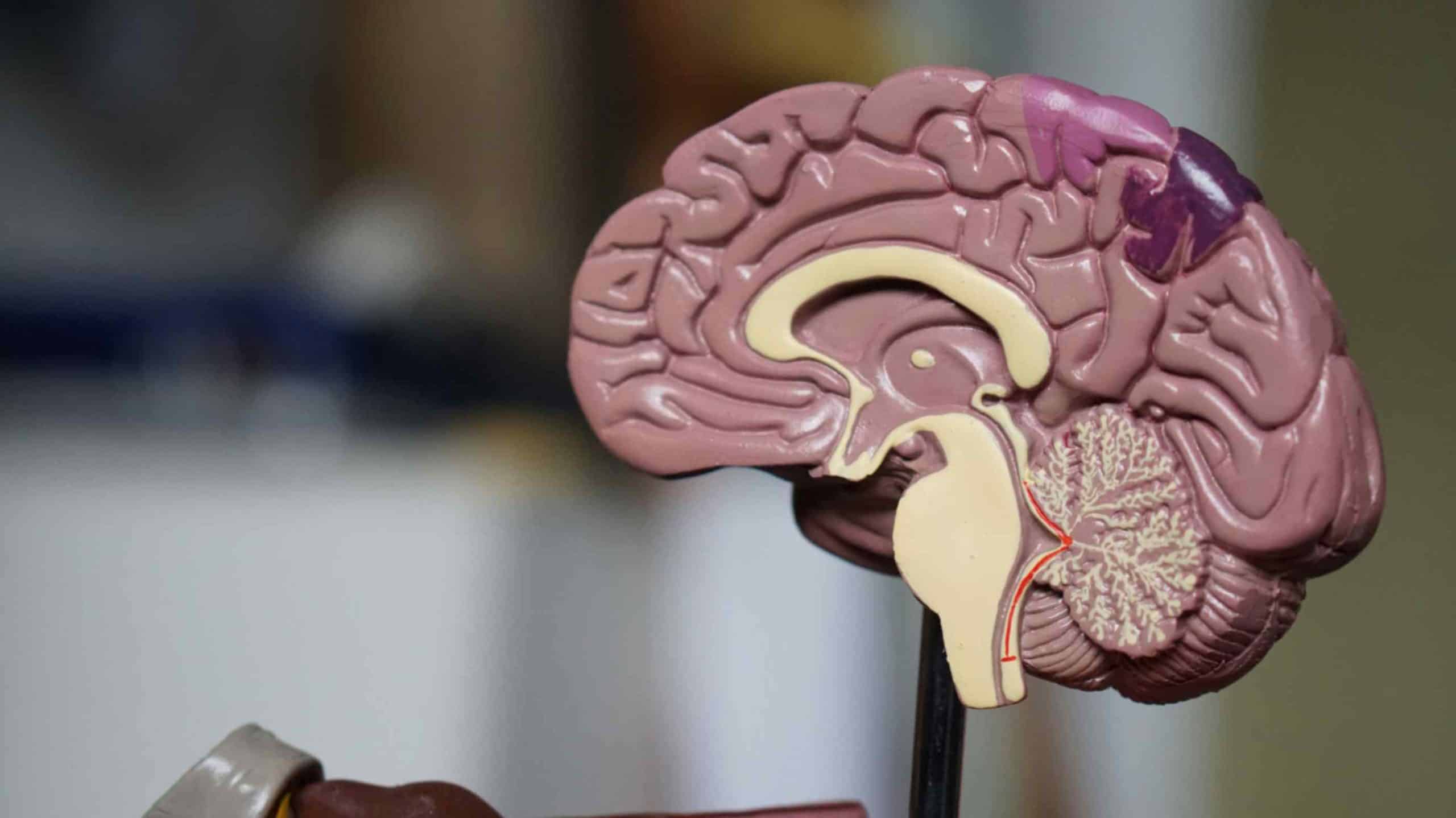Debunking the Myth: Is Alzheimer’s Disease Contagious Among Humans?

Is Alzheimer’s disease contagious? In recent years, many have become curious about the possibility of transmitting this debilitating neurological disorder. Throughout this piece, we reveal the truth about Alzheimer’s disease transmission and debunk misconceptions about this disease. Our goal is to alleviate any uncertainties surrounding Alzheimer’s disease through a thorough examination of current research and scientific understanding. Come along as we delve into the world of neurodegenerative diseases and separate fact from fiction.
The most challenging health issue of our time is Alzheimer’s disease, a progressive neurodegenerative disorder. It has become increasingly clear that this condition could potentially be transmitted from individual to individual as we gain a deeper understanding of it. Can Alzheimer’s be spread from person to person, despite its main characteristic of an accumulation of abnormal proteins in the brain? The purpose of this comprehensive exploration is to find the answer to this intriguing question by examining the current research in the field.
Understanding is Alzheimer’s infectious: A Complex Neurological Puzzle
It is important to understand the fundamentals of Alzheimer’s before examining its transmission possibilities. Memory loss and cognitive decline are some of the symptoms of Alzheimer’s disease, which leads to difficulties performing daily tasks. Amyloid plaques and tau tangles are two types of abnormal protein deposits that are hallmark signs of Alzheimer’s disease.
Beta-amyloid protein fragments deposit outside neurons to form insoluble plaques. As a result of tau tangles, neurons can no longer function properly because they consist of twisted strands of tau protein. Alzheimer’s disease is characterized by inflammation, cell death, and characteristic symptoms caused by these protein aggregates that interfere with communication between brain cells.

Read more: 5 Symptoms Of Cervical Cancer You Should Not Ignore
The Role of Protein Misfolding in Alzheimer’s Pathology
Alzheimer’s disease is characterized by protein misfolding. The structural changes that occur with misfolded proteins, such as beta-amyloid and tau, prevent them from being degraded by the body. As a result, these abnormal proteins accumulate in the brain, causing neurotoxicity and disrupting neuronal function.
Many genetic, environmental, and lifestyle factors may contribute to protein misfolding in Alzheimer’s disease, although their exact causes have not yet been identified. The production or aggregation of beta-amyloid may be accelerated by genetic mutations, especially those occurring in genes that encode proteins that process amyloid (such as APP, PSEN1, and PSEN2). Protein misfolding and neuronal damage can also be caused by environmental factors, such as toxins and traumatic brain injuries.
6 stages of Alzheimer’s disease
- Preclinical Alzheimer’s: Changes in the brain occur without symptoms.
- Mild Cognitive Impairment Due to Alzheimer’s: Decreased ability to solve problems without affecting daily activities.
- Mild Alzheimer’s Disease: Mild memory loss and difficulty with familiar tasks.
- Moderate Alzheimer’s Disease: Cognitive impairment, confusion, and difficulty speaking.
- Moderately Severe Alzheimer’s Disease: More profound cognitive decline and difficulty recognizing family members.
- Severe Alzheimer’s Disease: Failure to communicate, profound cognitive decline, and dependency on daily activities.
Can Alzheimer’s Disease Spread Between Humans?
According to recent evidence, these abnormal proteins propagate in a prion-like fashion within the brain, raising the question: can Alzheimer’s be transmitted? It is widely believed that direct transmission of Alzheimer’s between individuals under normal circumstances is highly unlikely. However, the concept of “transmissible Alzheimer’s” is still being debated.
Alzheimer’s disease is not associated with contagious conditions such as Creutzfeldt-Jakob disease (CJD) or mad cow disease. These disease arise from infected tissues or medical procedures. Direct contact between individuals or blood transfusions and organ transplants have not been documented as a way to transmit Alzheimer’s disease.

Read more: 5 Expert Tips to Manage Arrhythmia
Challenges and Considerations in Alzheimer’s Research
Alzheimer’s disease propagation within the brain is still under investigation, despite the lack of evidence for direct transmission. The development of targeted therapies aimed at halting or slowing disease progression requires an understanding of how abnormal proteins spread and interact with neuronal networks.
Despite these challenges, Alzheimer’s disease is still not well understood because of the complexity of the human brain. The variability of disease presentation based on individual differences, and the lack of reliable biomarkers for early detection. Careful consideration of ethical issues must also be given to human research, particularly when invasive methods or experimental interventions are involved.
Conclusion: Is Alzheimer’s communicable?
The current evidence suggests that Alzheimer’s disease is not transmitted directly in the same way as infectious prion diseases. Even though abnormal proteins accumulate and spread within the brain. Rather than resulting from a single gene or environmental factor. Alzheimer’s is believed to be caused by a complex interplay of genetic, environmental, and lifestyle factors.




